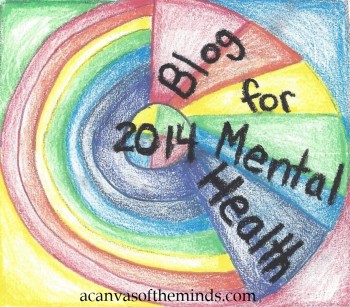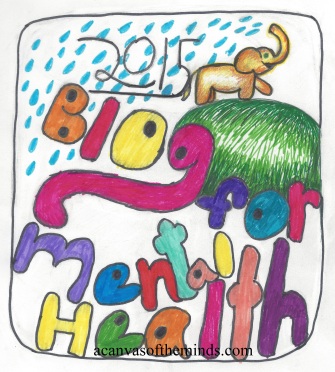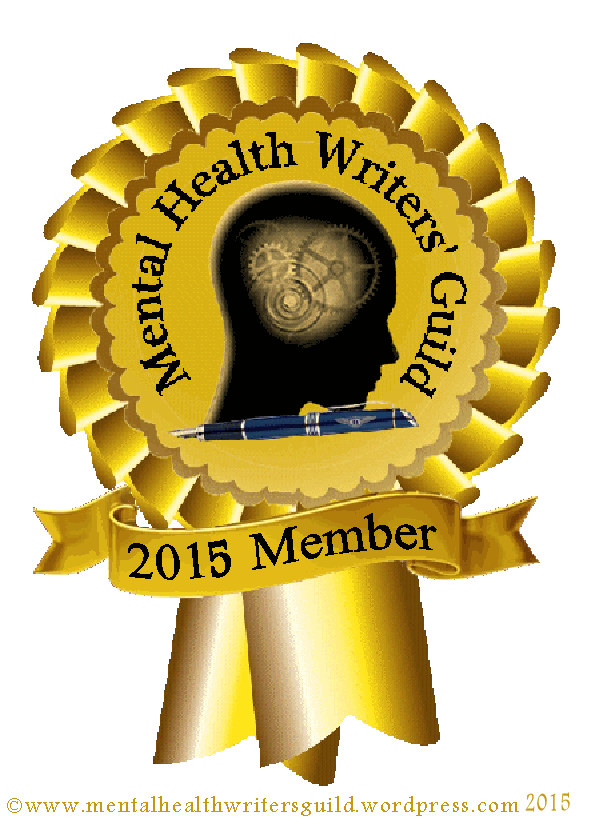
Here’s a fact that will save you a lot of self-criticism, and help you to understand why people do things that don’t make sense: we are not as rational as we think. That might not seem comforting in a culture where it’s important to be reasonable, stoic, self-sufficient, and in control, but it’s true.
Let me illustrate how illogical we can be. I’m going to give you some examples of how people try to get what they want from others. But let me first say that, if you are relying on others to get what you want, you have already given up some control, because we have far less control over other people than we do over ourselves. And I don’t know about you, but I can barely get myself to do what I want.
Nevertheless, we still try to get what we want by getting other people to change their behavior. We want bullies to stop bullying. We want our kids to come home at curfew. We want our partners to stop leaving wet towels on the floor.
Even in these cases, we often try to change other people’s behavior in ways that aren’t very effective. Maybe they work sometimes, but even when they do, they hurt the relationship.
Usually these strategies involve punishment–guilt trips, shaming the person, passive-aggressive comments, withholding love, the silent treatment. If you’ve never taken an intro psychology course, it may come as a shock to hear that punishment is not an effective way to change people’s behavior, given how often we use it. Rather than lecturing you about the principles of behavior theory, I’ll just give you a few examples to prove my point.
Let’s use bullying as an example. It took me 2 seconds to find this quote about bullying:
“Bullying is not a reflection of the victim’s character, but rather a sign of the bully’s lack of character.”
The message is: bullies are bad people. Don’t be a bad person. Have you ever tried getting someone to stop doing something by telling them to stop being a bad person?
Of course you have. We all have. And I’m guessing what happened is the person got defensive and you had this big argument and you didn’t get what you wanted. Or if you did, it probably resulted in them resenting you more, liking you less. So even if the person stopped leaving their towels on the floor, they pick them up begrudgingly, and it remains a thing between the two of you.
Let’s imagine we try something other than shaming bullies out of their behavior. Perhaps we could try practicing compassion. We could try to understand why this person hurts other people.
Or I can just tell you why. People hurt other people because they are hurting. So if you want to make people stop hurting other people, you have to address their pain, rather than add to it. Asking questions, trying to understand, listening to what they say, and expressing empathy for their pain goes a long way in changing people’s behavior. Yes, that takes longer than telling someone they’re a bad person, but this is how you get what you want. This is how you get a bully to be kind. With kindness.
Another strategy for getting what you want is to use positive reinforcement. The easiest way to use positive reinforcement is to praise someone when they do the thing you want. I’m sure you’ve used this with children, and it is amazing how effectively and immediately it works. Wow, Jane! You are a fast runner! So Jane runs around like a maniac for the next 5 minutes, demonstrating how fast she is. People want praise, so we will keep doing the things that make people praise us.
I encourage you to try out what I’ve just said about punishment and positive reinforcement. See for yourself if it works. And if you do try out your own personal psychological experiment, I’d love to hear about the results.














